“In life, you must never hide who you are. But in war, being unseen can keep you alive.” This is the advice Daniel LeBlanc gives his blind daughter Marie to help her survive World War II in All the Light We Cannot See.
The Netflix miniseries, based on Anthony Doerr’s Pulitzer Prize-winning novel of the same name, follows two young people on opposing sides of the war who are united by the pleasures and power of radio.
The Beginning of a Beautiful Friendship
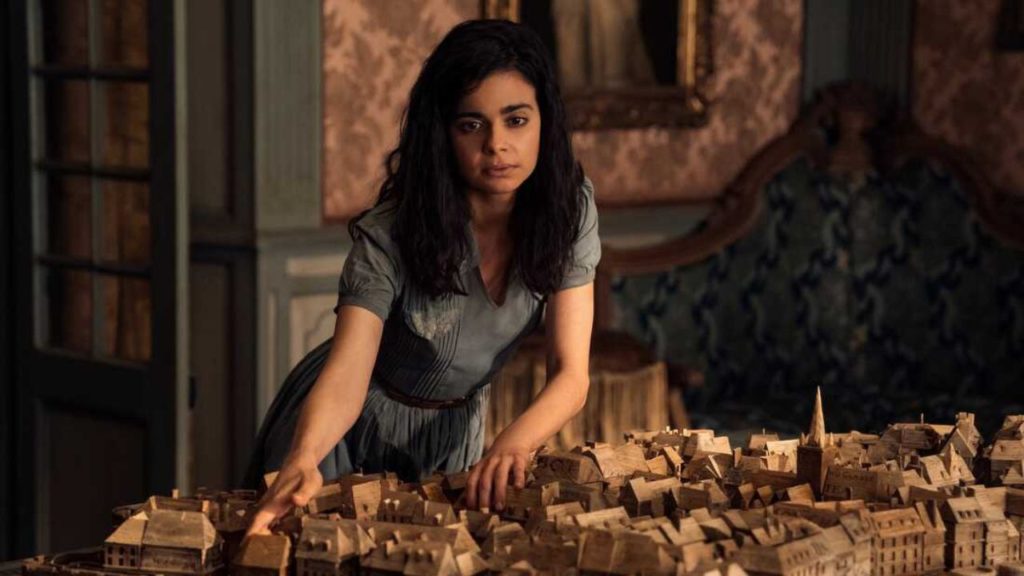
As fighter planes rain bombs upon the occupied French town of Saint-Malo, teenaged Marie-Laure LeBlanc reads Jules Verne on the radio. As an informal member of the resistance, the passages Marie reads are codes directing the Americans to target Nazi strongholds across Saint-Malo. Marie also uses the radio to speak directly to her father and uncle Etienne, pleading with them to return safely to her.
Unknown to Marie, her radio broadcast is listened to by Werner Pfennig, a German radio specialist assigned to monitor illegal broadcasts. The Nazis have decreed that making foreign broadcasts is punishable by death. Yet for Werner, the girl speaking on shortwave 13.10 is not an enemy, but someone extraordinary with the courage to speak the truth about their world.
Although they have never met, Werner comes to depend on Marie’s voice as a lifeline to his innocence and morality. Vowing to protect her at all costs, Werner plays a dangerous game of cat-and-mouse with his increasingly suspicious colleagues and superiors. At extreme risk to himself, Werner betrays his people by outwitting and deflecting them from discovering shortwave 13.10.
Marie is also unaware that she is being hunted by Reinhold von Rumpel, a high-ranking Nazi. von Rumple, a former gem specialist, believes that Marie’s father Daniel left her the “Sea of Flames.” The priceless diamond is believed to both cure and curse anyone who touches it. Hoping the jewel can save him from cancer, von Rumple interrogates residents across Saint-Malo to reveal Marie’s location, and executes anyone who refuses to betray her. von Rumple’s only clue is that he is searching for a blind girl.
Round Up the Usual Suspects
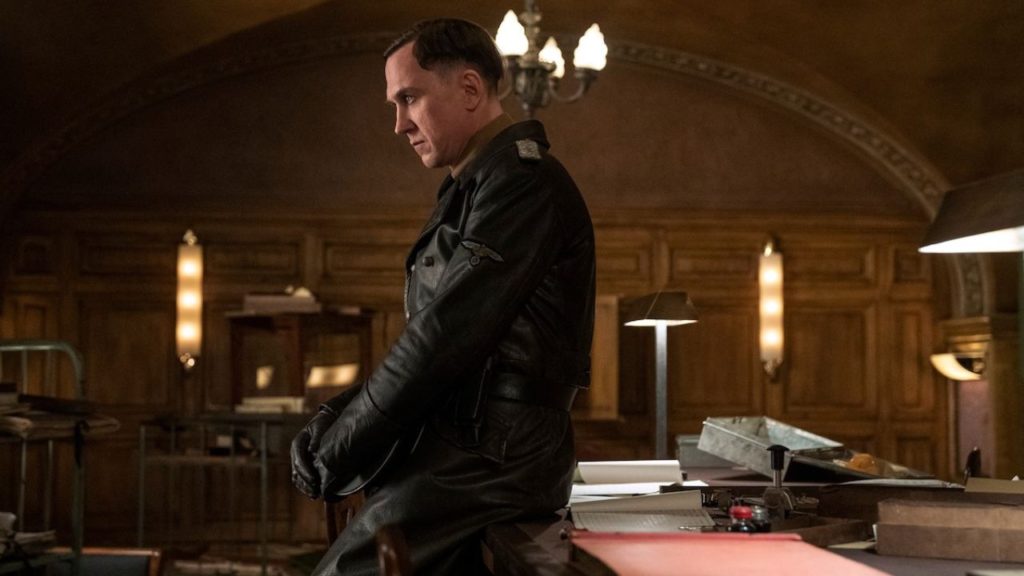
For people like Marie, the war was a particularly dangerous time, especially because “differences” were persecuted. In a moving scene, Marie confronts her father with the reality that no matter how hard Daniel protects her, she will always be different. What makes All the Light We Cannot See refreshing is having a blind protagonist who faces unique challenges not seen on other war shows.
But the series also empowers Marie. Her blindness is not a weakness. People are constantly amazed by Marie’s superior sense of direction, memory, and perceptiveness. Her powers of observation, keen awareness, and the fact that the Nazis dismiss and underestimate her, allows her to participate in the resistance effort.
Marie’s empowerment proves that a supportive family and upbringing can bring out the best in anyone. Her father constantly shows her how to see the world with her hands and heart. Daniel reminds Marie that she sees much more than others because, “You have ten fingers, and most people only have two eyes.”
Here’s Looking At You Kid
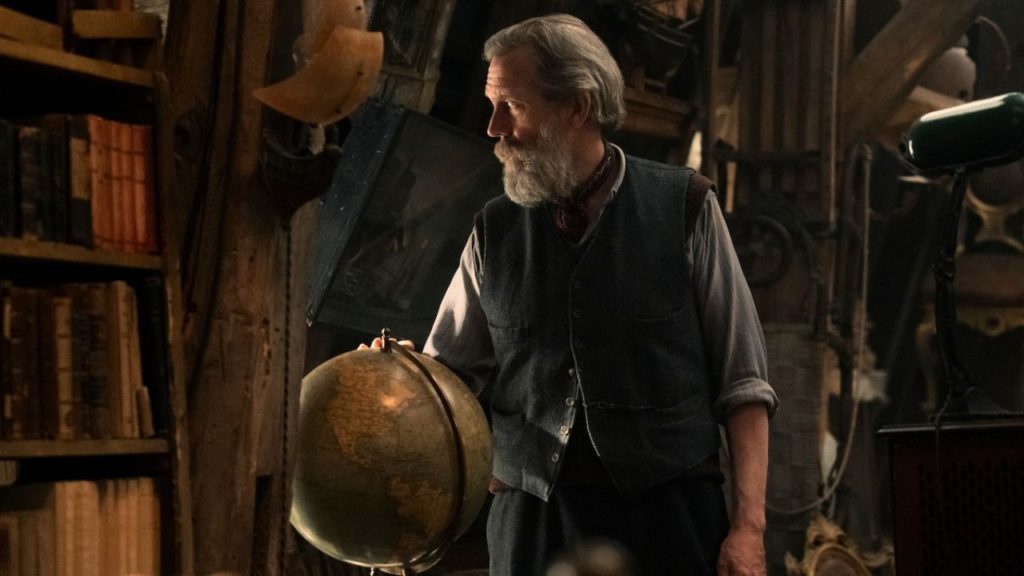
I initially thought that Marie was played by a sighted actress because of how her eyes seemed to track. I was impressed to learn that Aria Mia Loberti is also blind and had never acted before. She breathed such a believable light and life into the character.
While the miniseries scores for inclusiveness and representation, it grated my ears whenever the French characters spoke. American actors like Loberti and Mark Ruffalo play Parisians with British accents, something no self-respecting French person would ever be caught doing. This is a recurring problem with recent WWII shows. A Small Light did the same with British-sounding Dutchmen.
All the Light We Cannot See is visually rich and full of action, but its plotlines move a little too neatly. It also feels criminal to criticise a blind character, but Marie could’ve been more nuanced. She’s just a little too nice and pure as a heroine. The villains also never go beyond one-dimensional Nazi architypes. von Rumple is supposed to be menacing, but his penchant for threatening others with deadly countdowns grows routine.
If anyone’s wondering about the title’s meaning, the unseeable light alludes to radio waves. Marie and Werner are brought together by the miracles of radio, which spoke truth and beauty in a time of censorship and control. The series also shines a light on those like Marie who are usually unseen on mainstream TV. As we’re reminded, “Everyone has a voice. You just have to listen.”




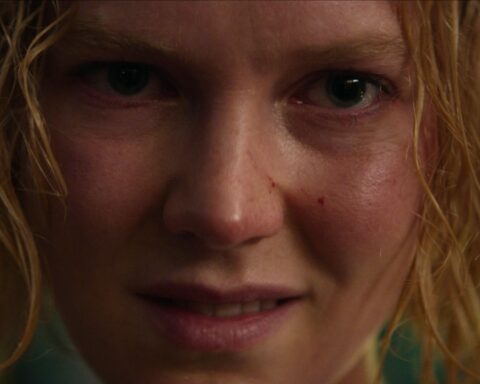

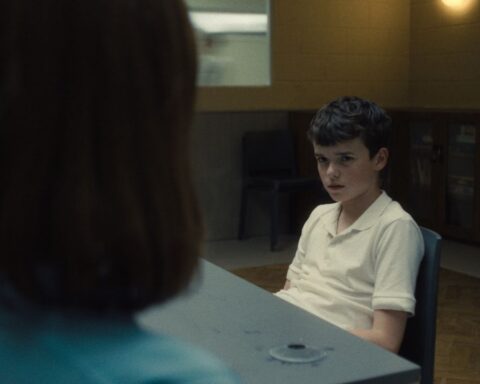
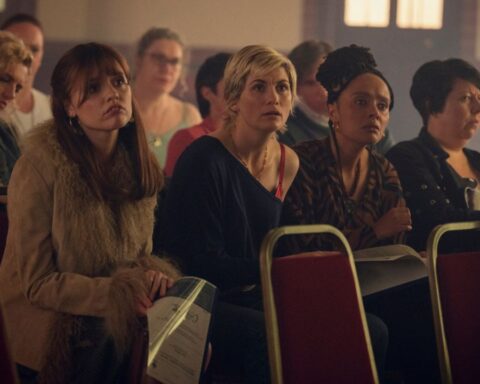
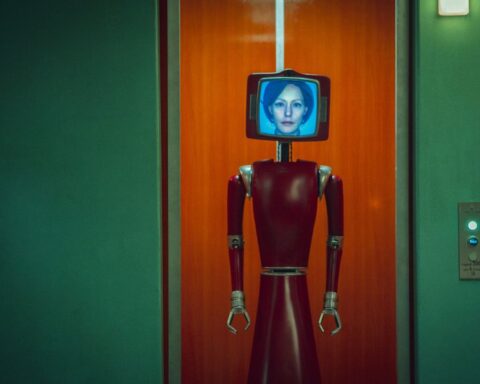
Follow Us